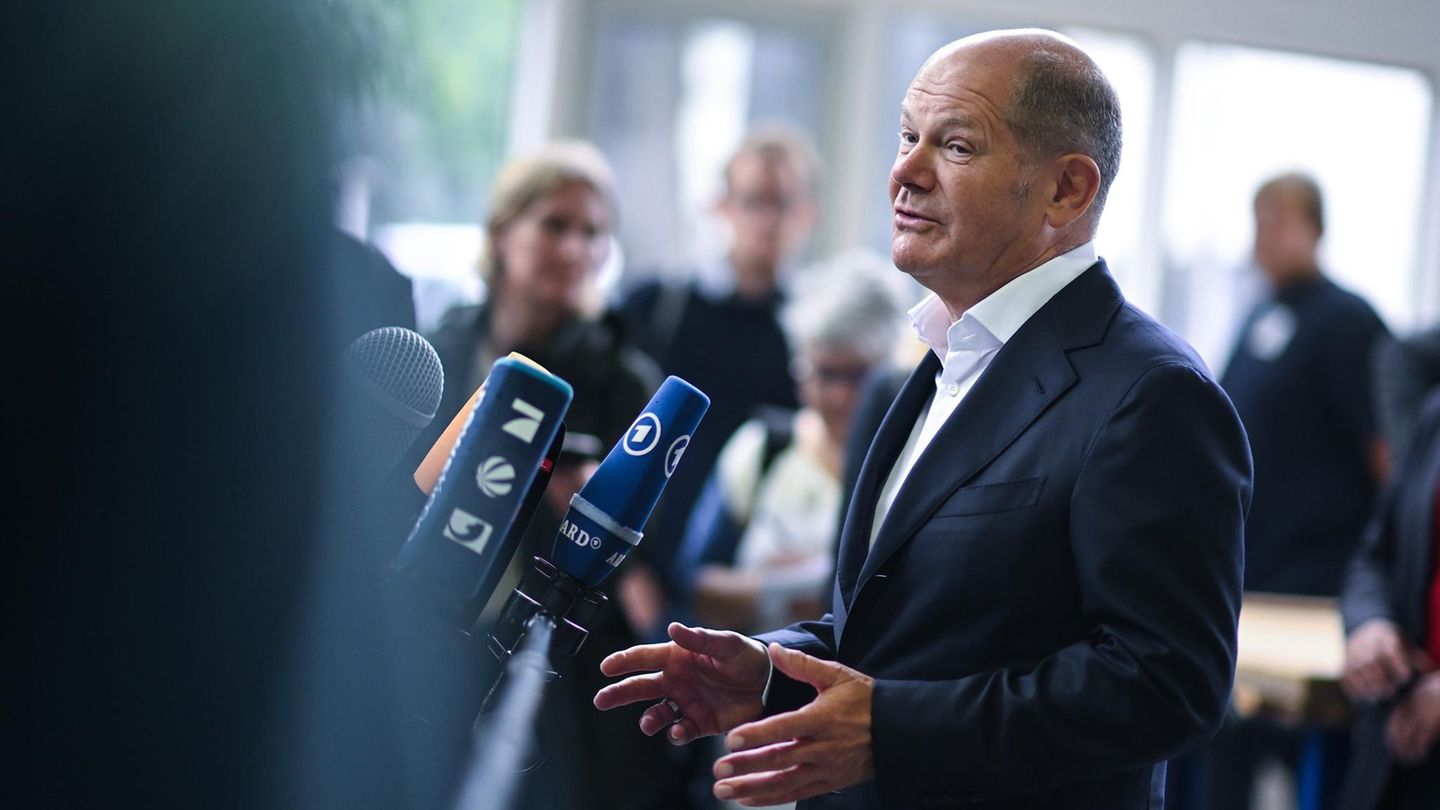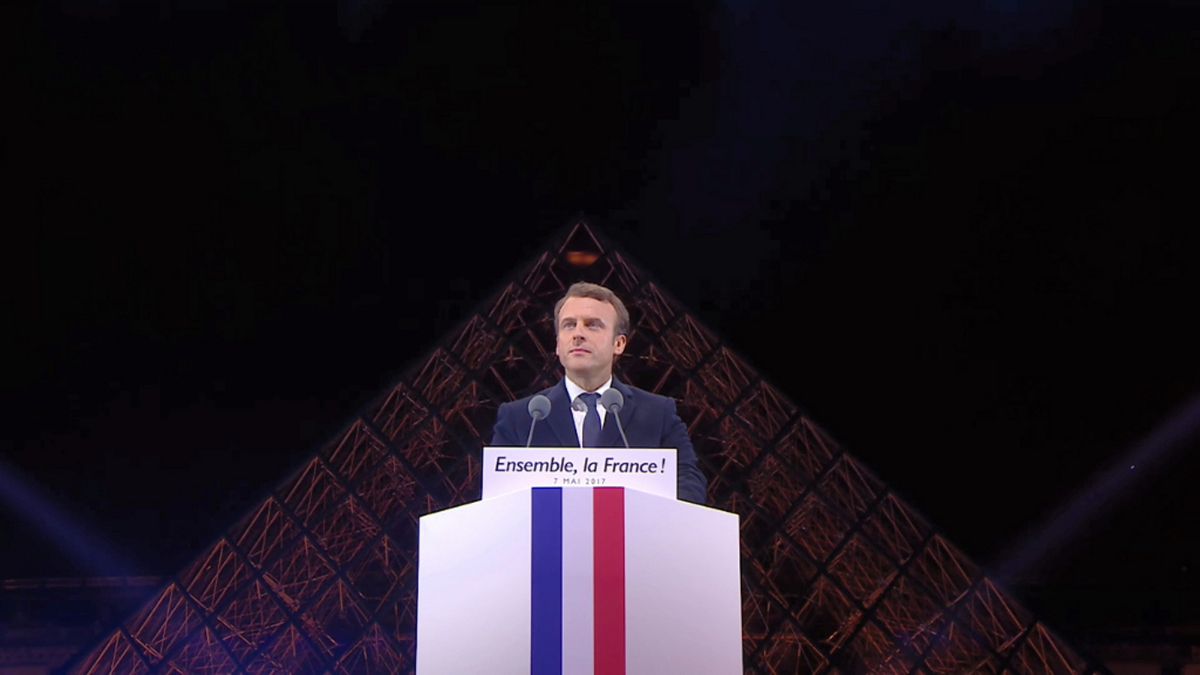column
Olaf Scholz has never been a darling of the media. On the other hand, however, the scepticism is at least as great. And the Chancellor can be very stubborn.
It cannot be said that Olaf Scholz was ever a darling of the media. He had barely entered the federal political stage as SPD general secretary when journalists nicknamed him Scholzomat because of his awkward language. And when the SPD nominated him as candidate for chancellor in 2020, very few editorials thought that Scholz would win the election. The fact that he took office against all expectations as Angela Merkel’s successor gave him a satisfaction that is still not insignificant for his self-confidence and his relationship with journalists today.
Scholz respects journalists and their job. He is a passionate newspaper reader himself. Nevertheless, he can be a difficult conversationalist. In his first interview as finance minister, I thought it was a funny idea to ask him about his Stamokap past. He didn’t. The filmmaker Stephan Lamby asked Scholz a question eight times in a row during the 2021 election campaign, to which Scholz refused to answer each time in front of the camera.
As chancellor, Scholz has an ambivalent relationship with the media. The frequency of his interviews is higher than in the last years of his predecessor’s service. Like every politician, Scholz sometimes feels he is treated unfairly. Recently, he mocked businesspeople about the media’s refusal to acknowledge his economic successes: Foreign investment has recently increased by 37 percent, said Scholz: “I will say this sentence a hundred times before it appears in the newspaper for the first time.”
Is reporting in Germany too one-sided?
When travelling, the Chancellor often takes a lot of time for the reporters who are travelling with him. The background discussions cannot be quoted, but this much can be revealed: as time goes on, the proportion of sober information decreases in favour of occasionally quite intense discussions.
The Chancellor himself has now made one of the topics public when he congratulated the German School of Journalism in Munich on its 75th birthday. Scholz has long been convinced that the reporting on German support for Ukraine is too one-sided. He repeatedly finds, said the Chancellor in Munich, “that when I talk to citizens across the country I am often asked completely different questions than in interviews.” The focus is not always on new weapons systems, but rather on “concerns about an expansion of the war and sometimes questions about whether our support is not already going too far.”
However, these concerns are hardly noticed by the media – and if they are, then only as statements from the extreme political spectrum. “But then we shouldn’t be surprised if people feel ignored.” It is not an over-interpretation when one hears Scholz attributing the media’s share of responsibility for the rise of parties such as the AfD or the Sahra Wagenknecht alliance – not necessarily as an accusation, more as a statement.
Russian offensive
Frontline city of Kharkiv: This photographer’s pictures show the full drama of the situation
A politician who says something like that exposes himself to the suspicion of trying to cover up his own shortcomings. Scholz has been criticized a lot and harshly for political hesitation and communication errors. Journalists expect their comments on politics to be taken seriously. Conversely, I have no problem taking Scholz’s warning as food for thought. Even if I don’t think I share it. Could be a good topic for the next interview.
All episodes of the column “Fried – View from Berlin” can be found .
Source: Stern
I have been working in the news industry for over 6 years, first as a reporter and now as an editor. I have covered politics extensively, and my work has appeared in major newspapers and online news outlets around the world. In addition to my writing, I also contribute regularly to 24 Hours World.




